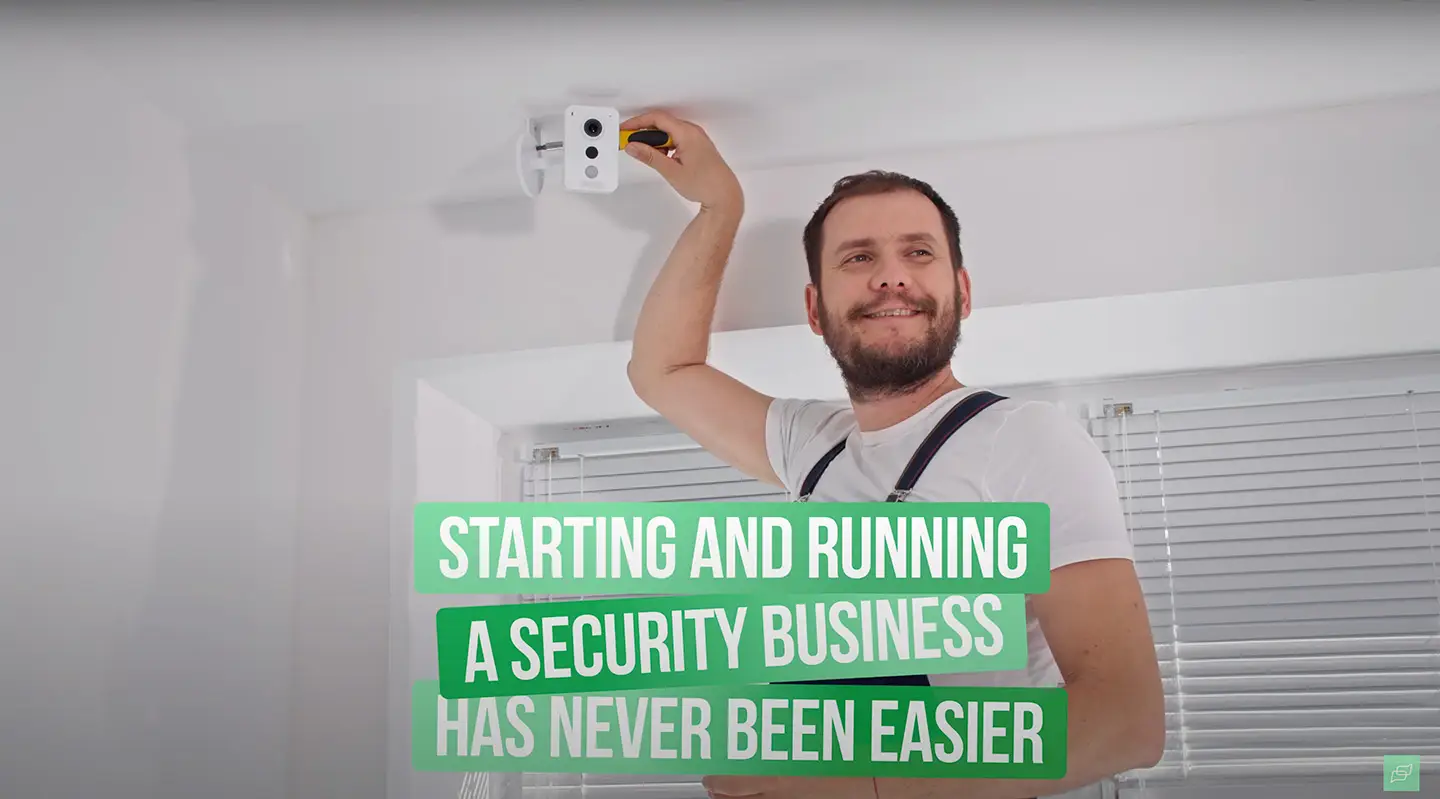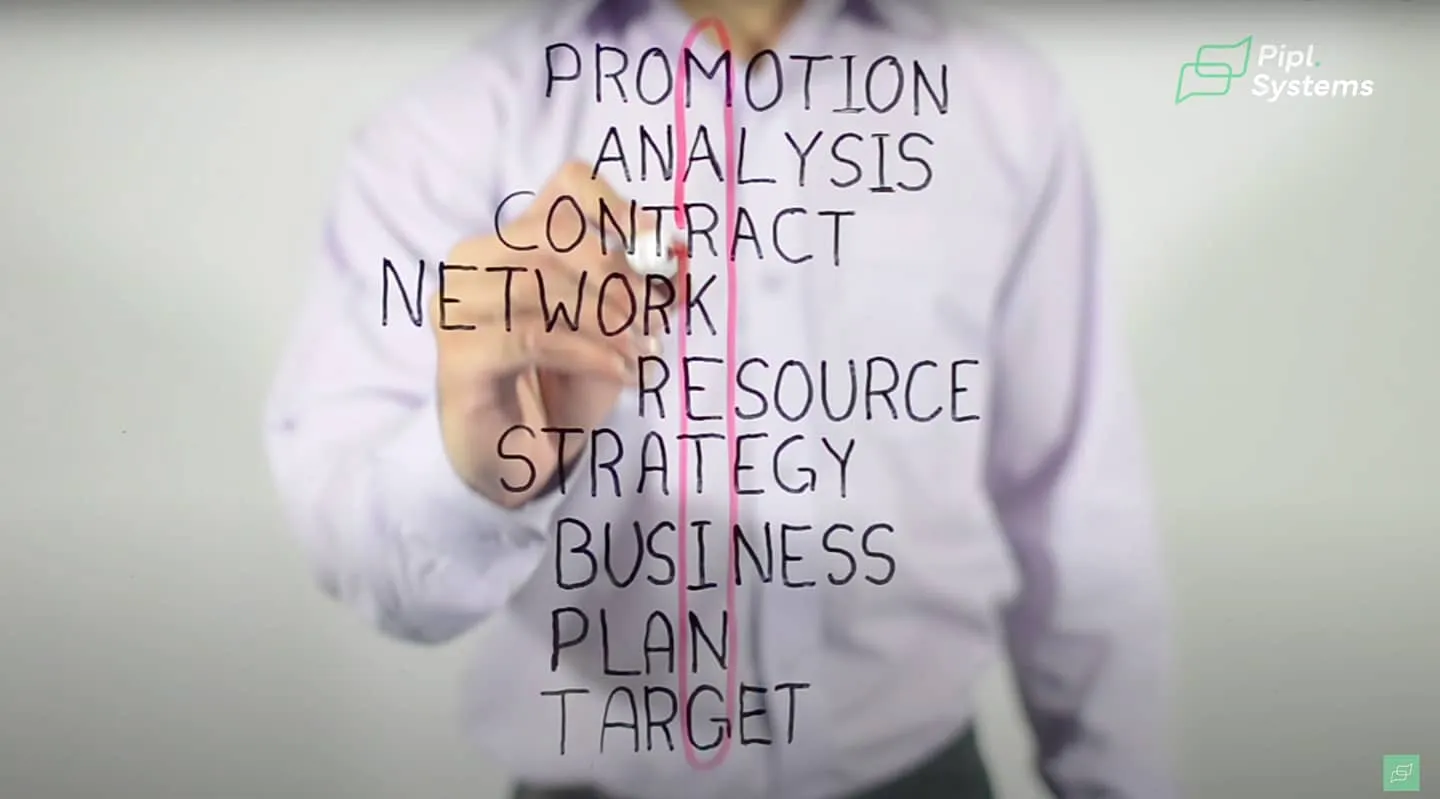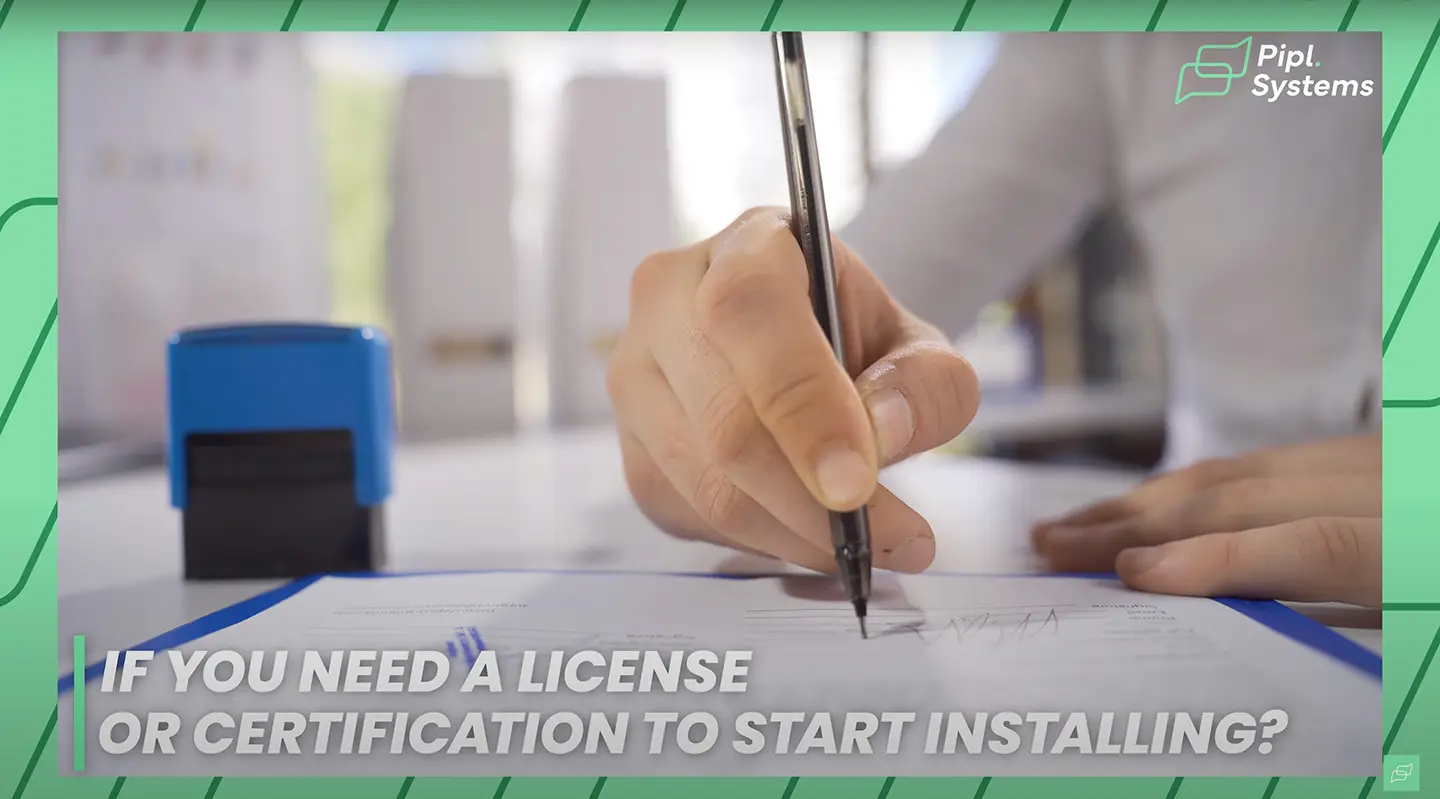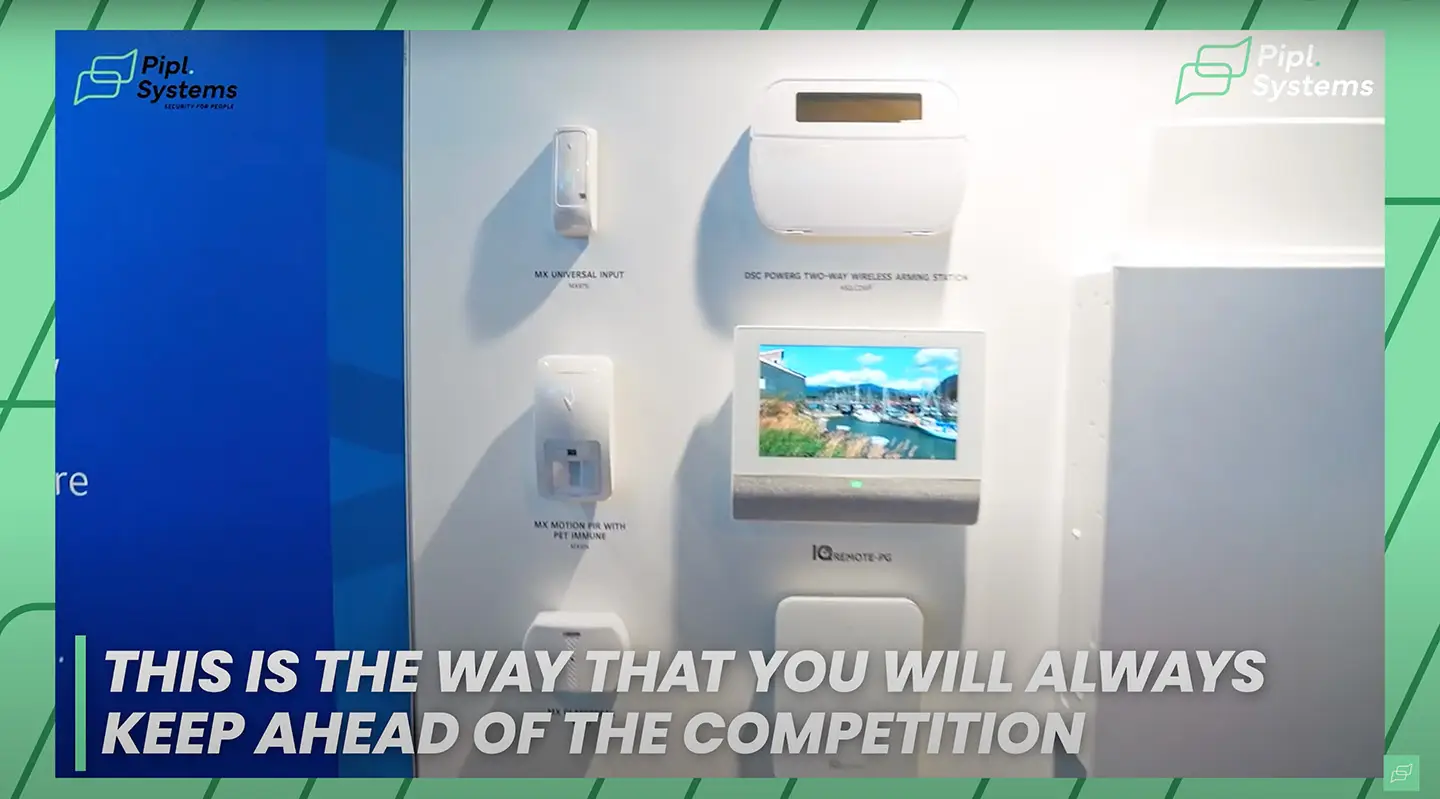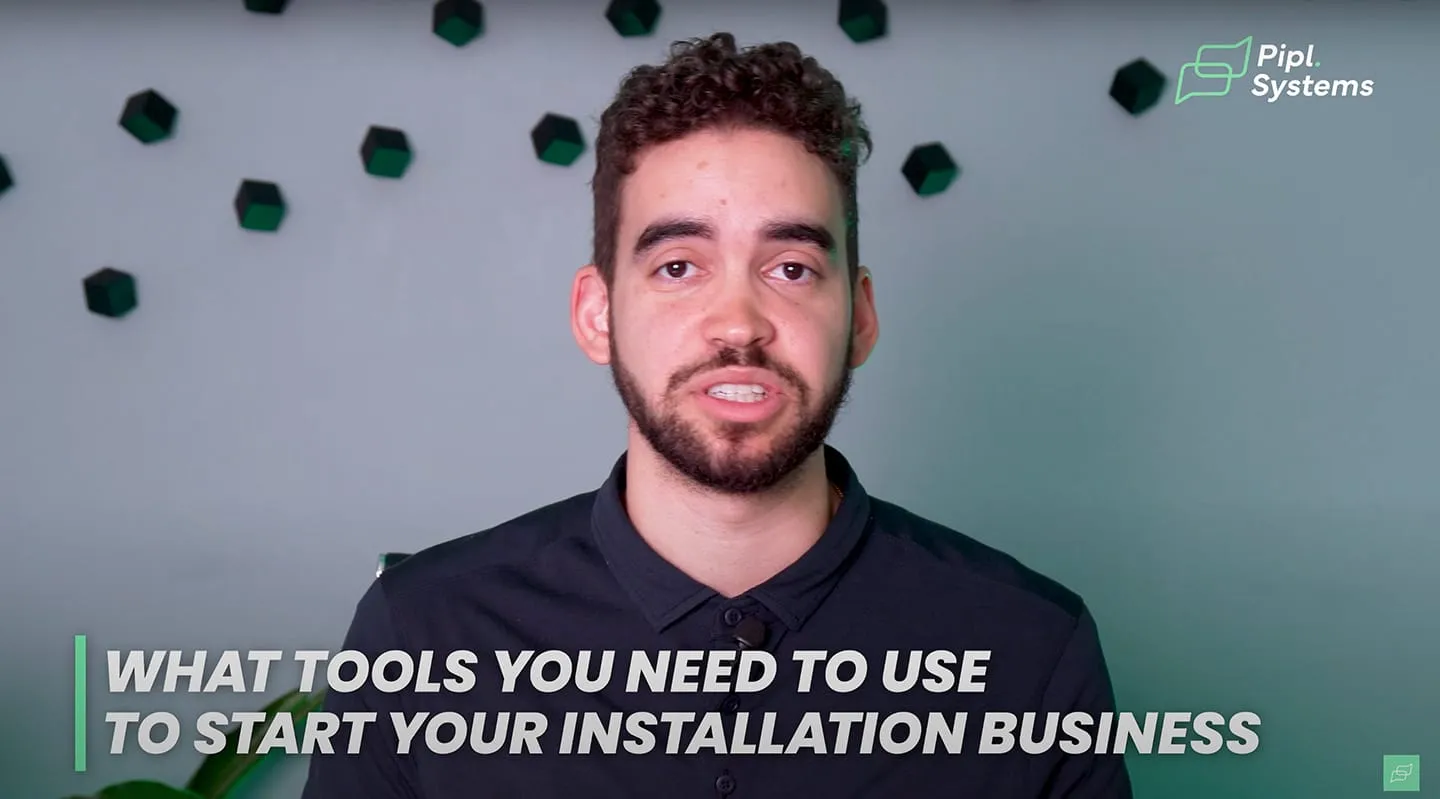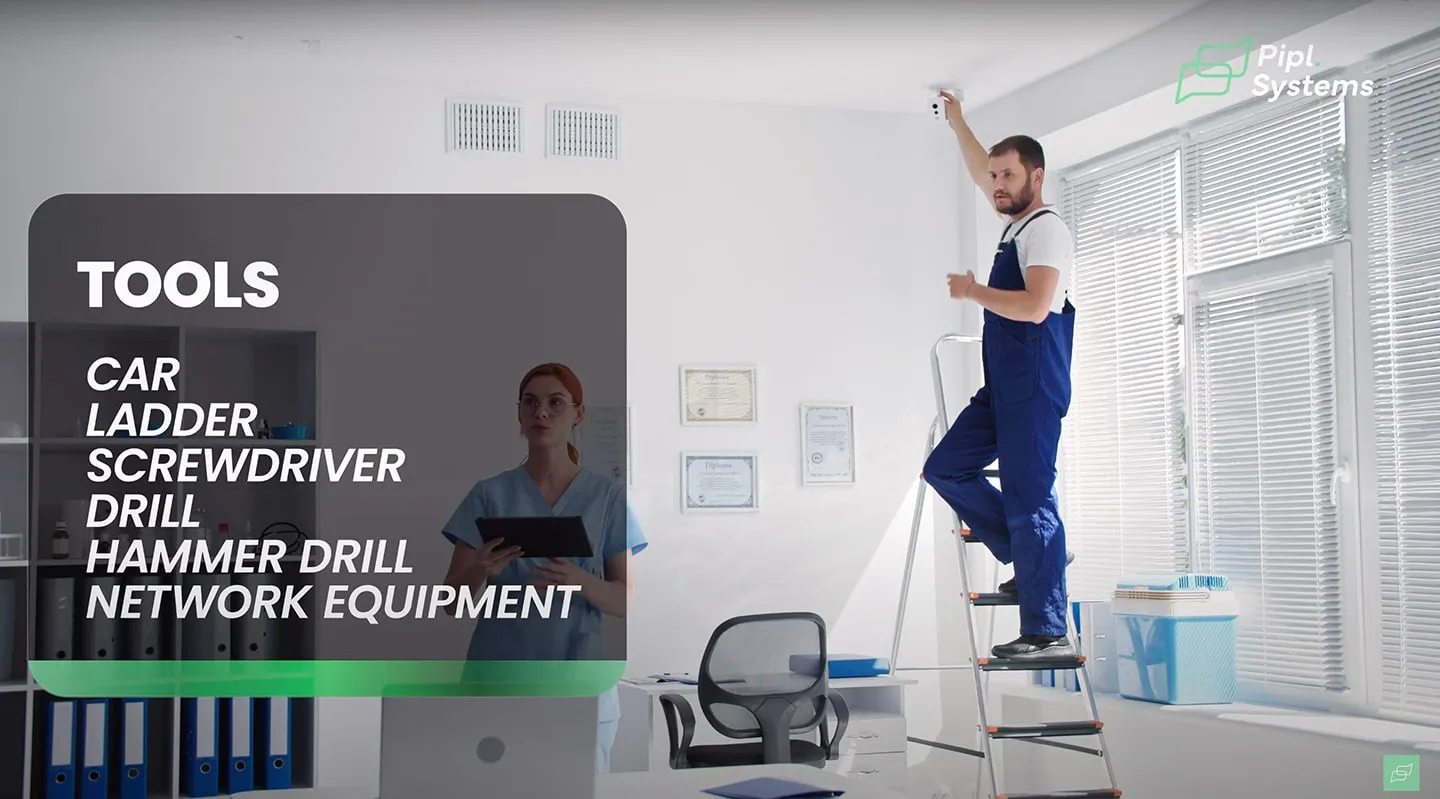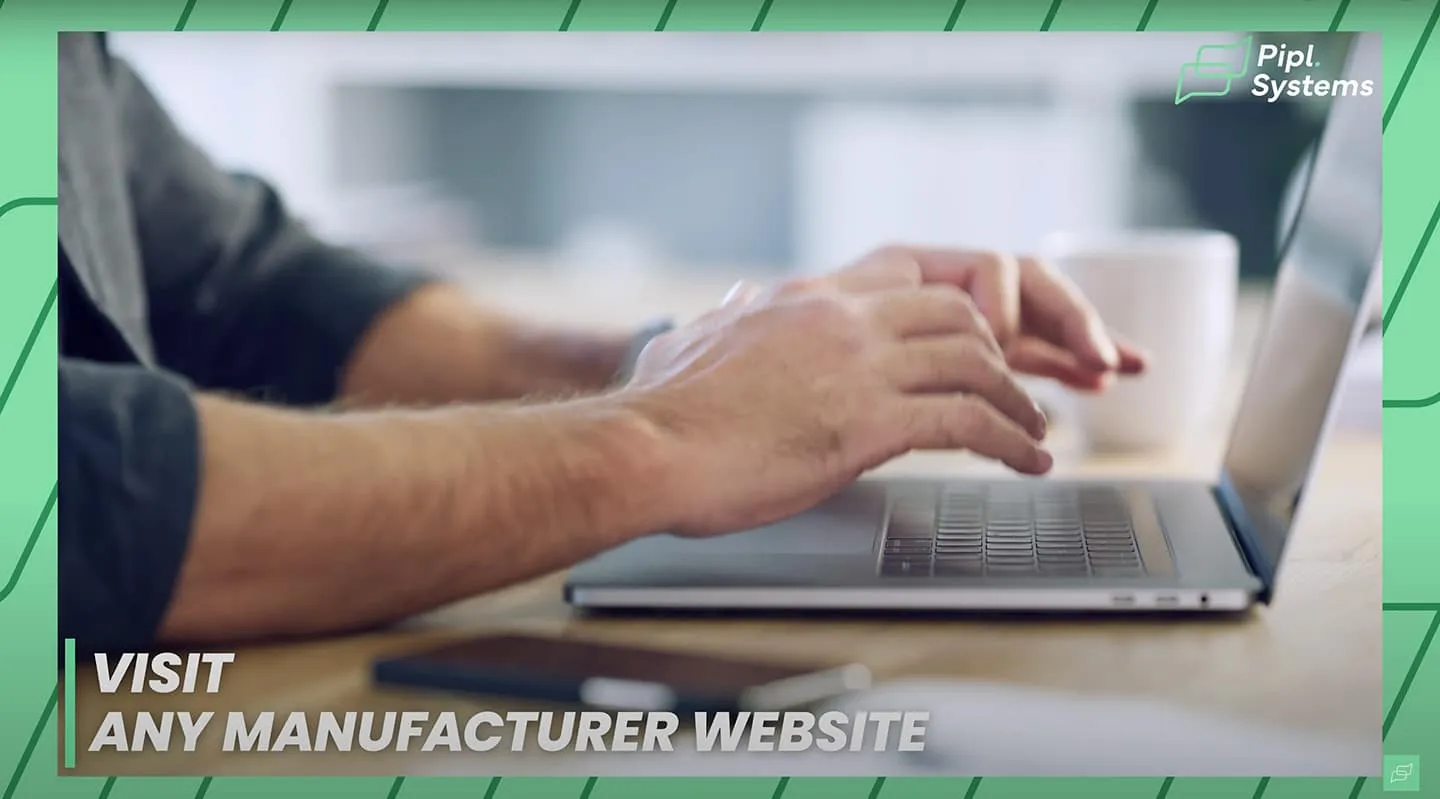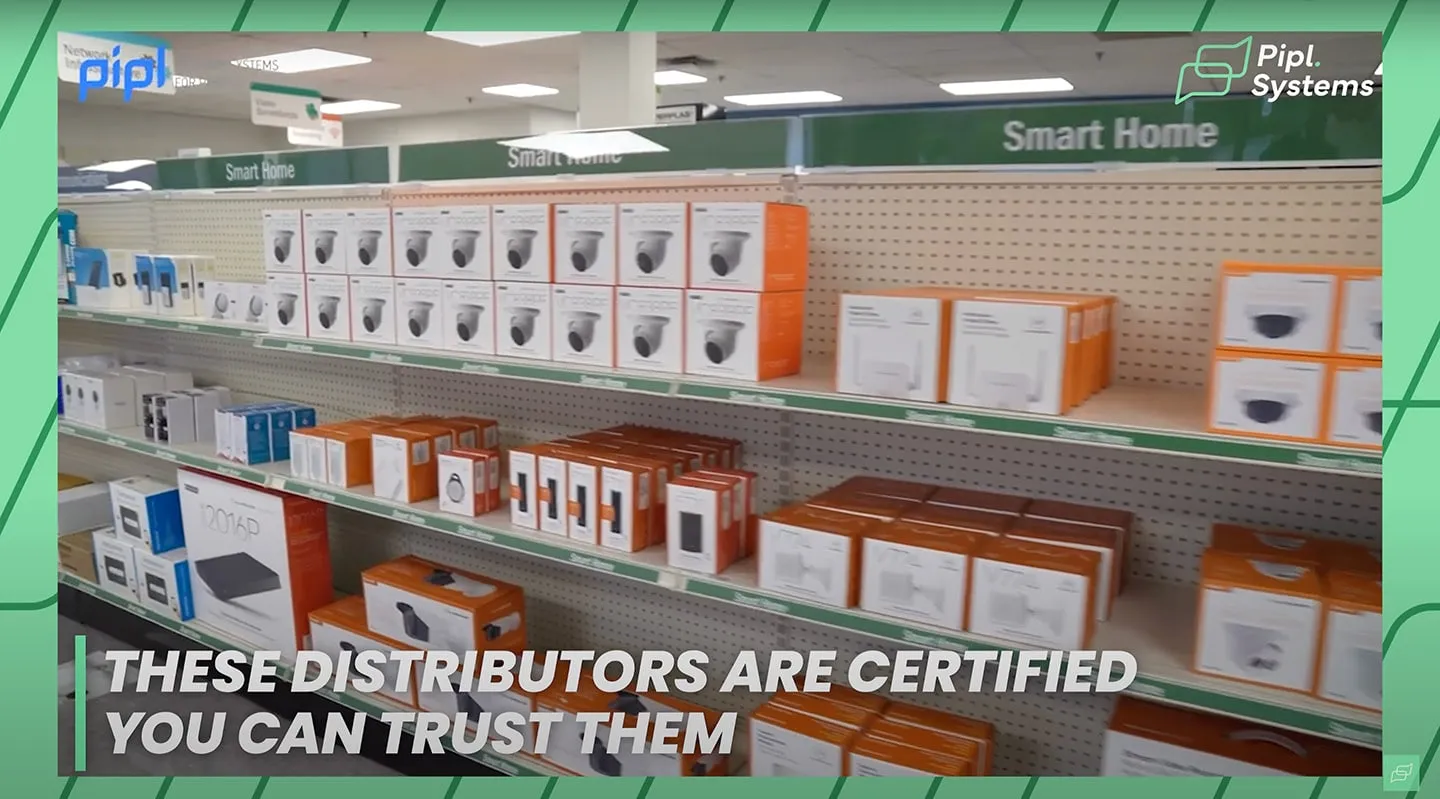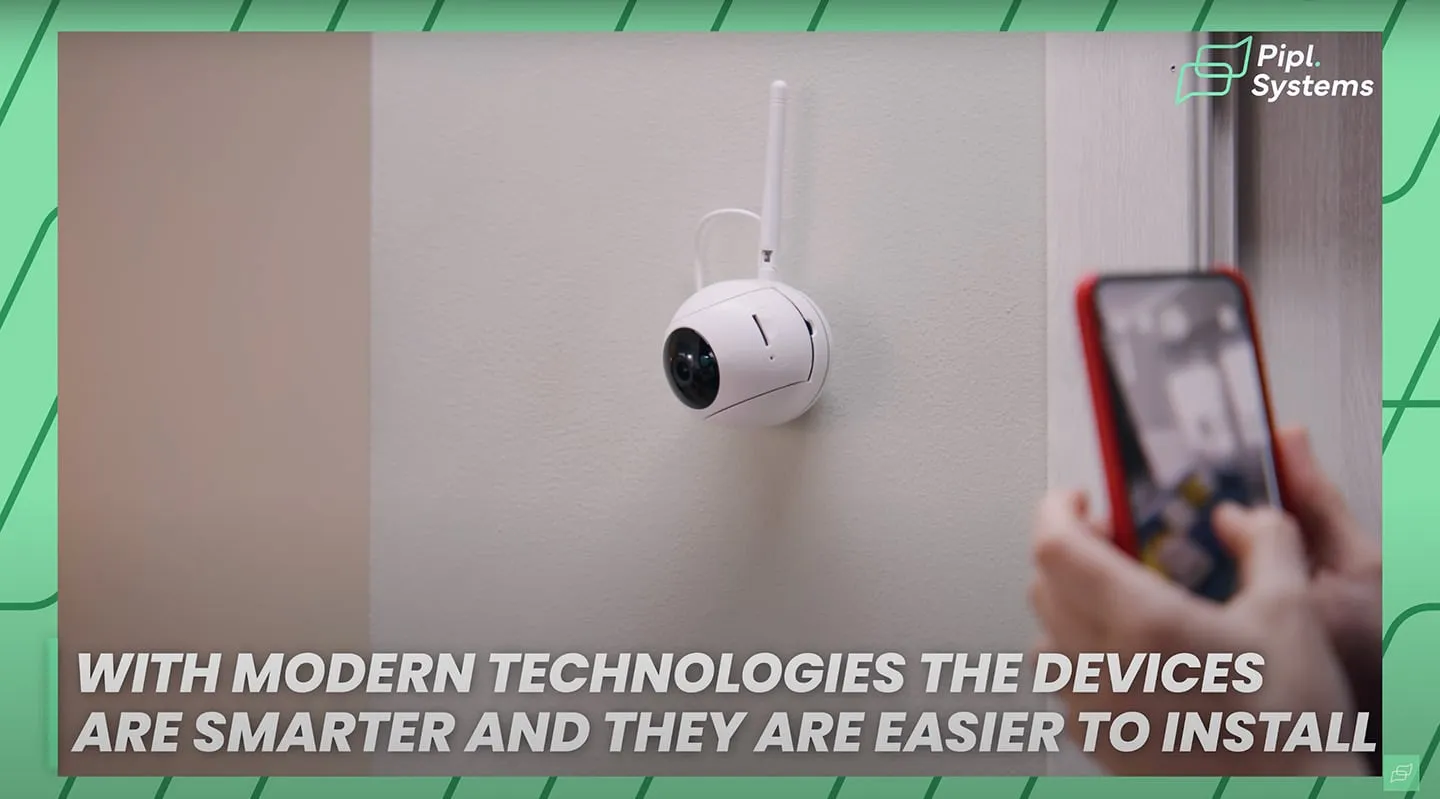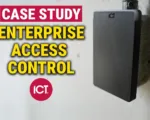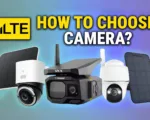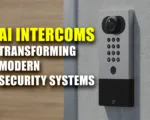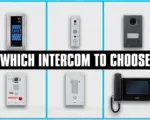Welcome to Pipl Systems Media Portal!
Drawing from nearly a decade of experience in the industry, I’m here as an independent expert for Pipl Systems to guide you through the process of starting your own security system business. Whether you’re an aspiring entrepreneur or an experienced technician looking to establish your own firm, this guide will provide you with valuable insights into the critical steps required to build a successful security systems business.
Starting your own security system business can seem overwhelming at first, but with the right approach, it’s more achievable than you might think. The security industry is constantly evolving, presenting a wealth of opportunities for those who are prepared to dive in and offer innovative solutions. With the rising demand for security installations—ranging from residential setups to large commercial applications—now is an excellent time to enter the market.
In this article, we’ll break down the initial steps you need to take to establish a successful security system business, focusing on creating a solid foundation that will support your long-term growth.
Step 1: Designing Your Business Plan
Every successful business starts with a well-thought-out plan. Your security system business plan is not just a document to show investors—it’s a strategic guide that outlines your goals, identifies your target market, and maps out how you intend to grow your business.
1. Understand Licensing and Certification Requirements
The first step is to determine if your region requires a license or certification to install low-voltage equipment such as security cameras, alarm systems, and access control systems. In some U.S. states and Canadian provinces, obtaining a license may involve completing specific courses and gaining practical experience. However, other regions allow you to start installations without a formal license. Research your local regulations carefully to ensure you comply with all legal requirements before you begin.
2. Identify Your Target Market
Next, focus on identifying your target market. For beginners in the security industry, it’s often advisable to start with residential installations. These smaller-scale projects allow you to hone your technical skills and develop a thorough understanding of installation best practices. Once you’ve built confidence and expertise, you can gradually expand into commercial installations, which are typically more complex and require managing larger networks of devices.
3. Choose the Right Technology
The technology you choose to work with is crucial to your business’s success. In residential settings, wireless alarm systems are popular due to their ease of installation and user-friendly features. However, in commercial environments, hardwired systems are often preferred for their reliability and scalability.
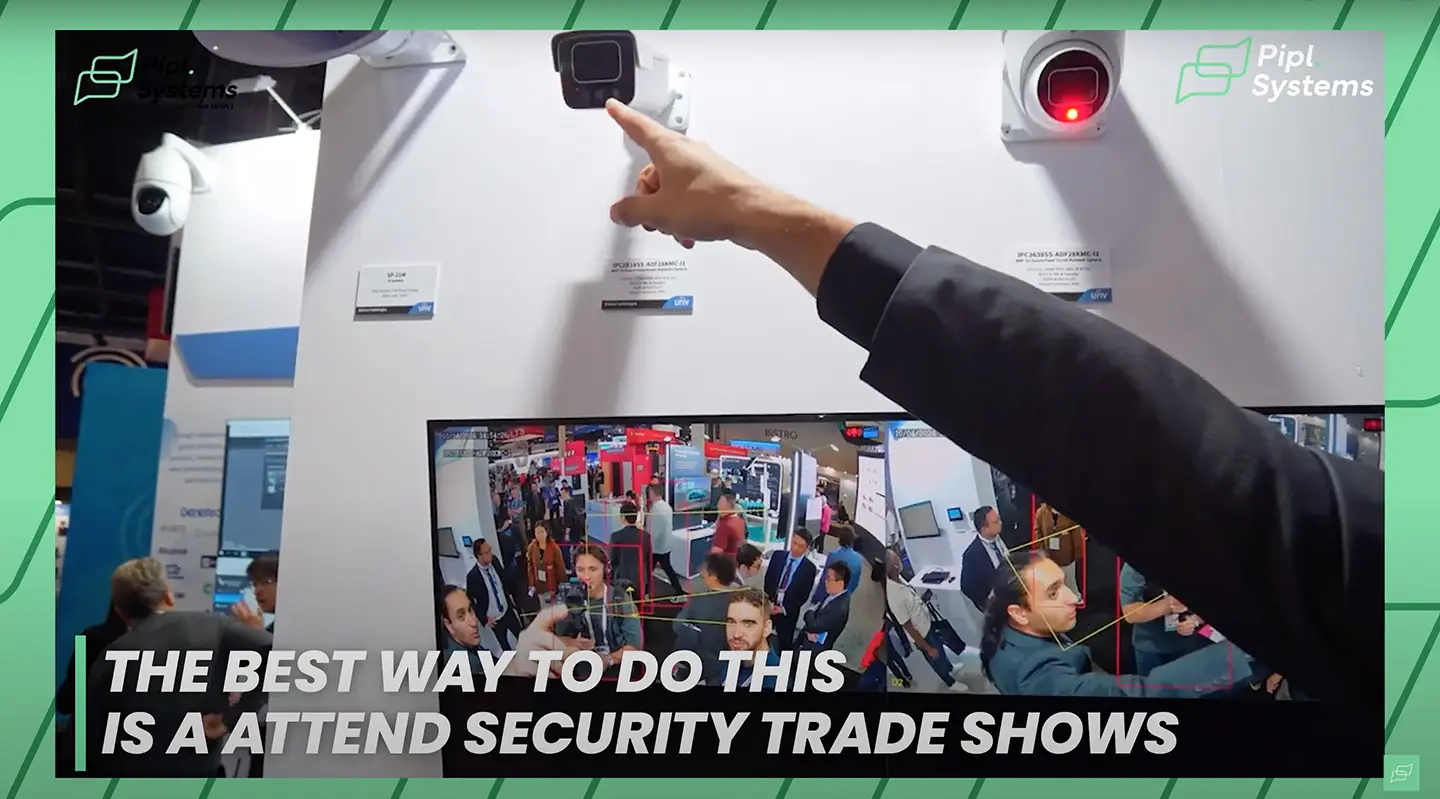
As you grow your business, it’s essential to keep learning about new products and technologies in the security field. Attend industry trade shows, follow educational channels like Pipl Systems, and stay curious. The security industry is highly dynamic, with new innovations emerging constantly, and staying updated is key to remaining competitive.
4. Test Your Concept
Before you officially register your business, it’s wise to test your concept on a smaller scale. Start by offering your services to friends, family, and neighbors. This not only helps you refine your skills and gather valuable feedback but also allows you to build a portfolio of completed projects. Moreover, these initial customers can become your first testimonials, providing credibility as you begin marketing your business to a broader audience.
Starting a security system business is both challenging and rewarding. By following the steps outlined above—understanding licensing requirements, identifying your target market, choosing the right technology, and testing your concept—you’ll lay the groundwork for a business that’s poised for success.
Step 2: Register Your Business
Once you’ve crafted a robust business plan, the next critical step is to register your business officially. This process may vary depending on your location and the specific requirements of your business structure.
1. Choose a Business Name
Your business name is more than just a label—it’s your brand identity. It should be memorable, easy to spell, and reflective of the services you offer. When selecting a name, it’s crucial to verify its availability through your government’s trademark or business name registration portal. Ensuring that your business name isn’t already in use will prevent legal complications down the road and solidify your brand’s unique presence in the market.
2. Determine Licensing Requirements
In certain regions, especially in the security industry, you may need a specific license to operate legally. This could involve completing a course, passing an exam, or demonstrating a certain level of experience. If your area mandates licensing, obtaining it should be your first priority before moving forward with any other aspect of your business. This not only keeps you compliant with local laws but also boosts your credibility with potential clients.
3. Secure Insurance
Insurance is a non-negotiable part of running a security system business. Given the risks involved—such as working at heights, dealing with electrical systems, and potentially damaging property—insurance provides a safety net. General liability insurance will cover damages to client property, while workers’ compensation insurance protects your employees in case of injury. Additionally, consider professional liability insurance to safeguard against claims of faulty work or professional errors.
Step 3: Purchase Equipment and Supplies
With your business now registered, it’s time to focus on the tools and equipment that will enable you to deliver top-notch service.
1. Essential Tools
Your vehicle is arguably your most critical tool, as it allows you to travel to job sites and transport your equipment. Initially, a car may suffice, but as your business grows, investing in a truck or van can enhance your efficiency, allowing you to carry all necessary tools and supplies in one trip.
The fundamental tools you’ll need include:
- Ladder: For reaching high installation points.
- Screwdriver and Drill: Basic tools for installing cameras, alarms, and other security devices.
- Hammer Drill: Essential for drilling into concrete or brick walls, especially in commercial settings.
- Network Equipment: Necessary for setting up IP cameras, access control systems, and other network-based security solutions.
2. Sourcing Supplies
To install high-quality security systems, you need reliable suppliers. Start by visiting the websites of manufacturers whose products you intend to install. Most manufacturers list certified distributors on their sites, ensuring that you receive genuine products that meet all necessary certifications.
Some of the key certifications to look for in security equipment include:
- UL (Underwriters Laboratories) and ULC (Underwriters Laboratories Canada): These certifications indicate that a product meets safety standards in North America.
- Ingress Protection (IP) Rating: This rating defines the level of protection a device has against dust and water. For example, an IP67 rating means the equipment is dust-tight and can withstand immersion in water.
- IK10 Certification: Indicates the product’s ability to withstand physical impact, making it suitable for vandal-prone areas.
- NDAA Compliance: In North America, particularly for government installations, equipment must comply with the National Defense Authorization Act (NDAA), which restricts the use of certain foreign-manufactured security products.
By sourcing from certified distributors, you can ensure that the products you install meet the necessary safety and quality standards, which is crucial for building trust with your clients.
Successfully registering your business and equipping yourself with the right tools and supplies are critical steps in launching a security system business. These actions not only establish your business legally but also set the stage for operational efficiency and client satisfaction.
Step 4: Marketing Your Business
Marketing is the lifeblood of any business, especially in a field as competitive as the security industry. It’s not just about getting your name out there; it’s about creating a brand that resonates with potential clients, generates trust, and drives leads. A well-executed marketing strategy can be the difference between a thriving business and one that struggles to stay afloat.
1. The Power of Branding
Your brand is more than just a logo or a catchy name—it’s the entire experience you offer your clients. It encompasses your business values, the quality of your work, and how your customers perceive you. Start by developing a logo that is simple yet memorable, reflecting the professionalism and reliability of your services. If you’re creatively inclined, you might design this yourself, but don’t hesitate to invest in a professional designer if needed. Remember, your logo will be on everything from business cards to your website, so it needs to make a lasting impression.
2. Leverage Word of Mouth
Even in today’s digital age, word-of-mouth remains one of the most effective forms of marketing. When you deliver exceptional service, your clients are likely to share their positive experiences with others. This organic promotion is invaluable, as people tend to trust recommendations from friends and family more than advertisements. To encourage this, make it easy for satisfied customers to spread the word—whether by providing branded business cards, placing stickers with your logo on installed equipment, or leaving behind flyers with your contact information.
3. Establish a Strong Digital Presence
In today’s market, a strong digital presence is non-negotiable. Start by creating a professional, mobile-friendly website that serves as the central hub of your security system business. Your website should clearly outline the services you offer, showcase your previous work through photos and case studies, and include client testimonials. Ensure that your contact information is easy to find so potential clients can reach out to you without hassle.
Additionally, take advantage of social media platforms like Facebook, LinkedIn, Instagram, and even TikTok to increase your visibility. These platforms are excellent for sharing project updates, behind-the-scenes content, and customer success stories. Not only does this build your brand’s credibility, but it also helps potential clients see the quality of your work before they even contact you.
4. Utilize Free Online Tools
Don’t overlook free online tools that can boost your visibility. Google My Business is a must for any local service provider. By setting up a Google My Business account, you make it easier for potential clients in your area to find you, read reviews, and get in touch. It also improves your business’s chances of appearing in local search results, which is crucial for attracting new clients.
Encourage your clients to leave positive reviews on your Google profile—these reviews can significantly influence a potential customer’s decision to choose your services over a competitor’s.
5. Consider Paid Advertising
If your budget allows, paid advertising can be a powerful way to attract new business. Google Ads, Facebook Ads, and other pay-per-click (PPC) platforms can help you target specific demographics and geographic areas, ensuring that your ads reach the right audience. However, PPC advertising can be costly, so it’s important to monitor your campaigns closely to ensure you’re getting a good return on investment.
For security system businesses just starting, Facebook’s advertising platform offers a more budget-friendly option, allowing you to target ads specifically to users in your local area. This approach is particularly effective for security system businesses that rely on local clientele.
Conclusion
Starting a security system business is a challenging but rewarding endeavor. From creating a solid business plan to registering your company, sourcing equipment, and now, effectively marketing your services, each step is crucial to your long-term success. Marketing, in particular, plays a vital role in your business’s ability to attract and retain clients, generate revenue, and ultimately grow.
Remember, building a successful business doesn’t happen overnight. It requires dedication, persistence, and a willingness to adapt to new challenges. But with the right strategy and tools, you can create a thriving security system business that stands out in the industry.
To stay ahead of the latest trends and continue growing your business, subscribe to the Pipl Systems email newsletter. You’ll receive regular updates on the newest developments in the security industry, tips on how to enhance your business, and insights from industry experts.
Thank you for following this guide, and here’s to your success in the security industry!
You may also be interested in our previous articles on marketing tips for the security system business:

